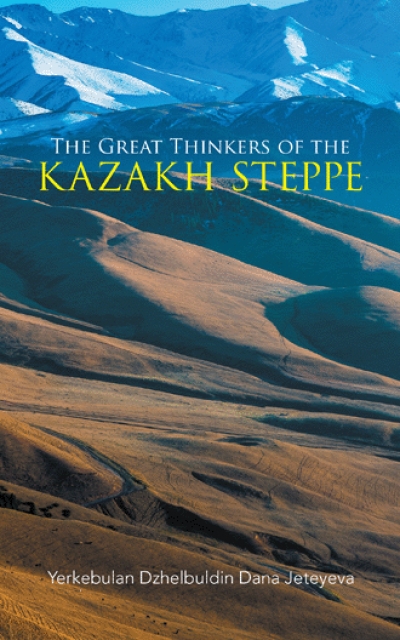



While the regimes in Central Asia are autocratic, they can only survive with Russian help. Central Asia also continues to be the soft underbelly of Russia, as it was of the erstwhile Soviet Union and it is here that Nato regime will try to undermine Russia
Despite the end of communism, the Central Asian republics are still controlled by family-based oligarchtes that continue to rule with an iron-fist. Dissent is ruthlessly suppressed.
Kazakhstan may appear insignificant on the global chessboard but it offers important lessons for national identity for people in the entire Central Asian region and beyond.
Three countries in South Asia—Iran, Pakistan and Afghanistan—have between them enormous mineral and energy resources. This makes them the special target of predatory powers.
2The summit-meeting of the five Caspian Sea countries in Iran on October 17, and the suspension of the European Union’s sanctions on Uzbekistan have focused attention on how the US, Russia, the EU and China are vying with each other for the rich energy resources of the Central Asian states in the region.
Kyrgyzstan was an ally of the US during the 15-year rule of president Askar Aliyev, who was toppled in an unexpected uprising last year. By contrast the new president, Kurmanbek Bakiyev, who was elected on July 10 to replace his predecessor (who had fled the country), has turned to Russia and China for support.
President Nursultan Nazarbayev secured a third seven-year term of office after receiving 91 percent of the votes in a probably rigged poll on December 4, while his main challenger, Zarmakhan Tuyakbai, came second with only 6.6 percent. Most pre-election predictions were that the corrupt, authoritarian ruler of oil-rich Kazakhstan would win, but with a much smaller majority.
Since its independence from the Soviet monolith (1991), Kazakhstan has been mired in a succession of political crises. Kazakhstan has been the scene of serious human-rights abuses and the denial of fundamental freedoms.
The presidents of the five Caspian Sea littoral countries ended a two-day summit in Ashgabat, the Turkmen capital, on April 24 without reaching any agreement on how to share the Caspian and its rich hydrocarbon reserves.
The trusted adviser of Kazakhstan’s president Nursultan Nazarbayev on oil-matters, economic planning, education, investments, health-care, pensions and communications is an American deal-fixer who shuttles between his offices in Almaty (the Kazakh commercial capital) and the New York headquarters of his company, Mercator.
Kazakhstan lifted the ban on Russian rocket launches from the launching-pad at Baikonur on September 1, ending a two-month stand-off between the two countries.
If, as is generally accepted, there is a language time-bomb ticking away in Kazakhstan, then it seems likely to explode sooner than anyone thought possible only two years ago; the issue was then believed to have been resolved by the 1997 language law, which declared Kazakh the language of the State and Russian that of common use.
The Taliban government in Afghanistan has reacted angrily to Russian plans to establish a permanent military base in Tajikistan. The Taliban foreign minister, Mohammed Hasan Akhond, complained about the plans in a letter to UN secretary general Kofi Annan on April 11.
Following the April 23 treaty between Russia, China, Kazakhstan, Tajikistan and Kyrgyzstan in Moscow, perhaps Harvard professor Samuel Huntington should go back to the drawing board and revise his ‘clash of civilizations’ theory.

